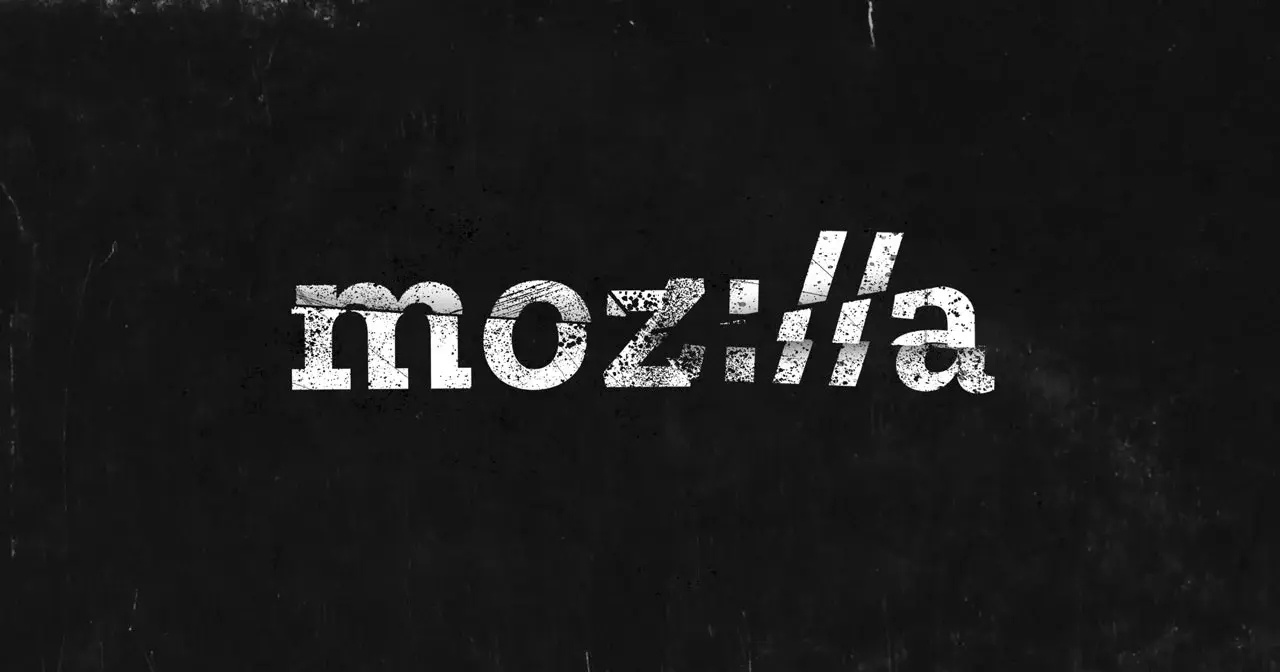- cross-posted to:
- news@lemmy.linuxuserspace.show
- technology@lemmy.zip
- cross-posted to:
- news@lemmy.linuxuserspace.show
- technology@lemmy.zip
This sucks big time. Many users of custom mobile phone ROMs are concerned with privacy, and use Mozilla Location Services as an alternative to Google. Not sure what other options are available right now.
Edit: The more I’m reading about this, the more absolutely fucked up it is. There really are no viable alternatives. Mozilla is going to just take all its collected data offline, and that’s that. Given that they accept monetary donations from the public, they should make the information public for download even if they don’t want to host the service anymore. Unbelievable.
The Mozilla Corporation does not accept monetary donations, those go to the nonprofit Mozilla Foundation. This is a common misunderstanding.
Mozilla Location Services is currently run by the Corporation. I imagine making that dataset public could have privacy implications, since it is likely relying on wifi locations.
They should give MLS to the Mozilla Foundation in that case.
That wouldn’t solve the patent trolls issues, only getting out of the United Corporate States would.
deleted by creator
Yeah, this sucks.
It seems like it was killed by litigation by Google:(
Here’s some potentially good news about an alternative…
There’s an interesting comment on this Mozilla Github post about Graphene OS’ plans in this area, it’s quite a long comment so I’ll link it. The first para reads:
GrapheneOS Foundation has been planning to host a network location service for GrapheneOS and projects collaborating with us for a while now. We’ve received significant funding we can put to use for this to make a high quality, modern implementation on both the client and server side. A new unified app (cellular, Wi-Fi, Bluetooth beacons) for gathering data to publish as fully open data could also be part of it. We also plan to make a SUPL implementation as part of the same service as an alternative to our Google SUPL proxy to replace it as the default in the long term.
The entire post is a very good read because it goes over all the aspects of such an undertaking. And it doesn’t look like something easy to do.
The Ubuntu article is using this Mozilla announcement as its source (I am not saying they say different things, it’s just best to see the source material sometimes). The article mentions litigation and this might be the important bit, Skyhook Holdings Inc. was acquired by Qualcomm in May 2022.
Skyhook’s business is wifi location and I’m guessing that Mozilla’s been costing them money and Qualcomm might be looking for a little return on investment from its purchase of Skyhook.
I hope there’s an open source project that comes out of this that we can get behind and that this will turn out to be a good thing in the end. Mozilla did say their service was getting worse and it sounds like the litigation might be what’s behind this. I wish Mozilla were better at communicating stuff… oh well, that ain’t gonna change!
This should be pretty much impossible to replace short-term without resorting to Google. Building a database that maps routers, cell towers and more to coordinates from scratch takes a lot of time I imagine.
Not sure if that is the kind of stuff that could be merged with OpenStreetMap’s dataset.
Why not? Harder translations are made between file formats.
I’m sure it can be done technically, not sure if that would fall within the OSM mission though.
I would say that it’s not hard to replace. I mean, all you need is an app that regularly dumps GPS data and a list of signal strengths from radios that broadcast unique IDs to start building out a database.
What’s hard is doing one that is as complete and accurate as Google’s, because Google is hoovering up data from most cell phones about the location of a lot of devices.
You are glossing over a lot of infrastructure and development, when boiled down to the basics you are right. So it is basically a question of getting enough users to have that app installed. Which is not impossible given that we do have initiatives like OpenStreetMap.
deleted by creator
The crowdsourcing part is what I meant. And you probably underestimate infrastructure as well.
This also isn’t something you can just let a few volunteers do once and forget about it. It needs to be something that people run often on their phones. Wi-Fi access points change, cell towers sometimes change. You need to keep this data up-to-date. With Google’s or Apple’s location service, when a person buys a new router, it’s probably added to the database within hours or days at worst.
deleted by creator
I just happened to come across an fdroid app that does this
Patent infringement claims in 2019 saw Mozilla reach a settlement to avoid litigation. As part of that settlement it was forced to make changes to MLS that impacted its ability to invest in (commercially exploit?) and improve the service.
Yet another nice thing ruined by IP trolls. It’s long past time we threw software patents into the dustbin of history where they belong.









